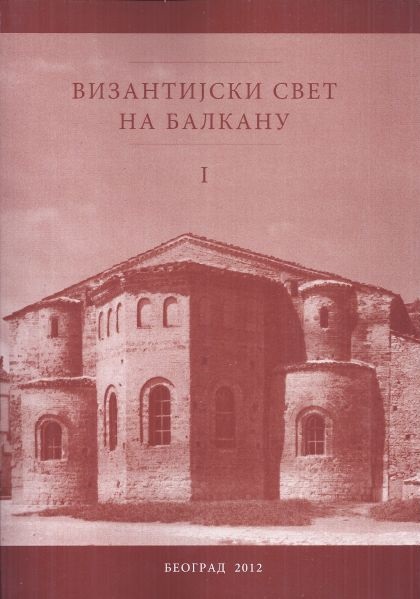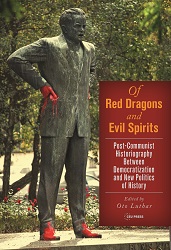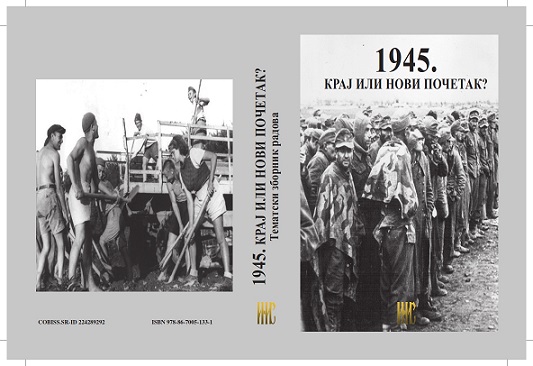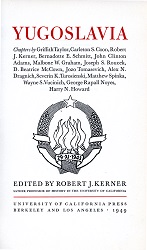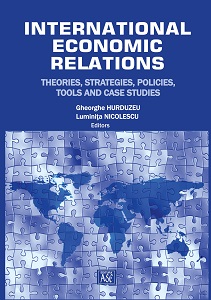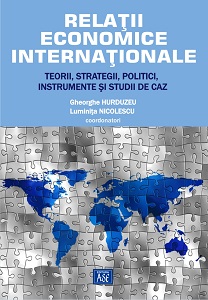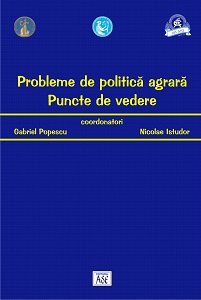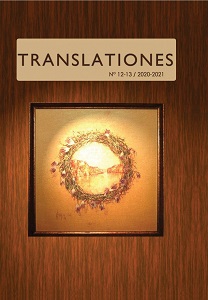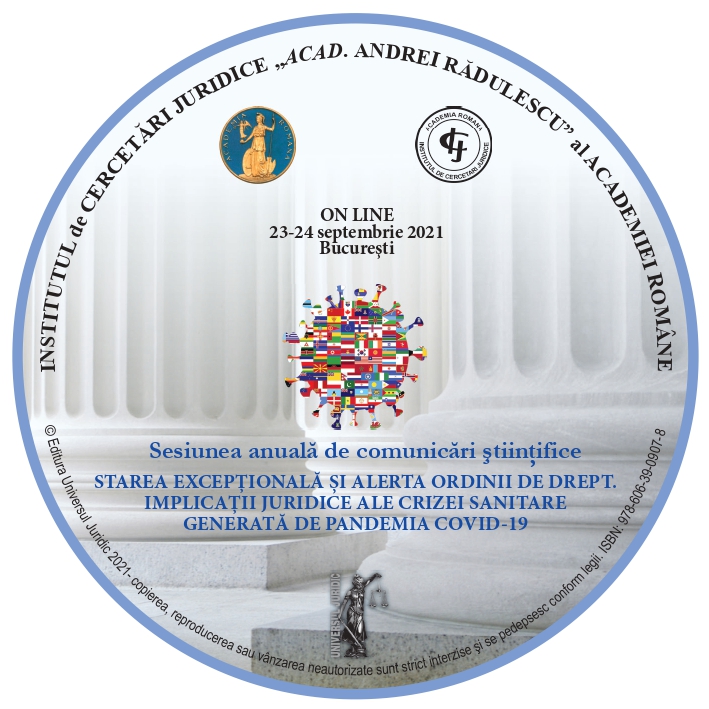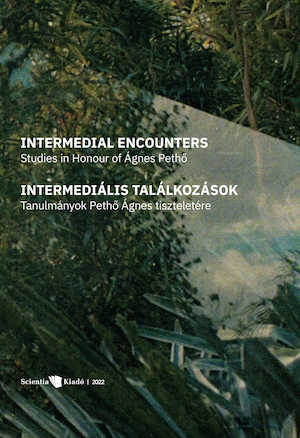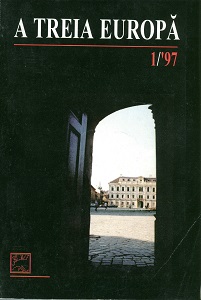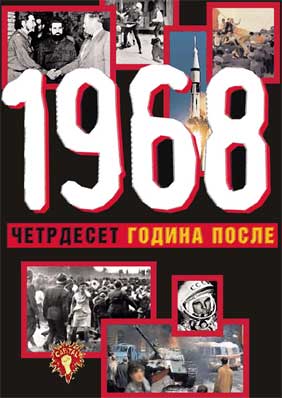
„The Prague Spring” of 1968 and the Attitudes of the Hungarian Leadership
„Пражская весна” 1968 г. и позиция руководства Венгрии
The Hungarian communist leader Janos Kadar who launched limited economic reforms in his country since January 1968 assessed the moderate reform-communists in Czechoslovakia as the potential allies in his desire for certain modernization and rationalization of the socialist economics in Eastern Europe. Realizing the negative attitude in Kremlin to the ideas of Prague reformers, the Hungarian leader attempted to be the mediator between the Soviet and Czechoslovak communist leaderships. He tried to persuade Brezhnev and the members of his team that the reformist plans declared in Czechoslovakia would not threaten the Communist power in the country and therefore the Soviet interests. On the other hand, he called the Czechoslovak colleagues to more discretion and more attention to the interests and anxieties of the USSR. In mid-June when the Czech literary weekly published the article marking the 10-th anniversary of the execution of Imre Nagy, Kadar corrected his attitude towards the events in neighbor Czechoslovakia. He was sure that the Dubček leadership was losing control over the political processes, and that there was a real danger that the developments in Czechoslovakia would get the form similar to the developments of the Hungarian crisis in 1956. Nevertheless, Kadar tried to influence further both the Czechoslovak and the Soviet colleagues to meet and he pretended still to be the mediator between Moscow and Prague. Even in August, he preferred the peaceful solution of the conflict but did not dare oppose the joint military action implemented on August 21, 1968. His choice was in accordance with the priorities of Kadar’s foreign policy. The Hungarian leader avoided threatening the normal relations with the USSR for he was sure that they were the main guarantee of more independent and fruitful internal policy. The „Prague Spring” revealed the limited possibilities of Kadar’s regime to pursue more active foreign policy without running the risk of undesirable complications with the USSR.
More...
